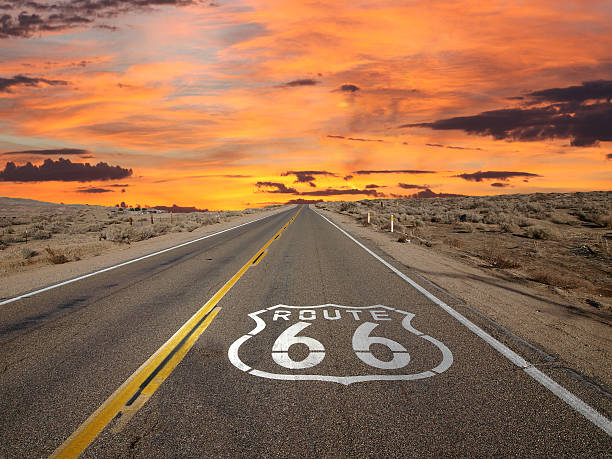Now will they? I have my doubts. Here in Belgium, we have one of the most dense road maps of the world.
Traffics jams, road constructions, pits in the road etc.
It's even hard for a human being like me to go from A to B.
So how would a piece of machinery do better?
ddanbe 2,724 Professional Procrastinator Featured Poster
Recommended Answers
Jump to PostI think that in a few years the term "self-driving car" will refer to a car that you drive yourself rather than a car that drives itself.
Jump to PostThe ethical question is still a long way from being answered. Especially regarding the car AI in respect of whether it gives priority to safeguarding the driver and passengers or people in other vehicles or pedestrians. Who would it sacrifice in an 'either take action to avoid hitting pedestrians but …
Jump to PostSeems like a lot of decisions need to be catered for. HG would crash to avoid an animal. I would swerve into a herd of pensioners to avoid a crash. Perhaps you need to fill out a questionnaire about your preferences before you're allowed to invoke autopilot.
Jump to PostI believe that, in the case of an accident, the entity most at fault or most negligent should be held responsible.
If it was a result of user error or user maintenance, such as not properly cleaning off the sensors from snow, not ensuring the car has installed the most …
Jump to PostCan anyone tell me how a self driving car will park itself on the parking of a supermarket or on an airport?
Easy. I wrote much of the software for doing that. It's a solved problem. The decision making part is just an A-star on a road network …
All 66 Replies
Dani 4,675 The Queen of DaniWeb Administrator Featured Poster Premium Member
ddanbe 2,724 Professional Procrastinator Featured Poster
Reverend Jim 5,259 Hi, I'm Jim, one of DaniWeb's moderators. Moderator Featured Poster
ddanbe commented: This is one to put in "memorable quotations"! +0
Maksym_1 0 Newbie Poster
pty 882 Posting Pro
happygeek 2,411 Most Valuable Poster Team Colleague Featured Poster
jwenting 1,905 duckman Team Colleague
rproffitt 2,706 https://5calls.org Moderator
Reverend Jim 5,259 Hi, I'm Jim, one of DaniWeb's moderators. Moderator Featured Poster
Dani 4,675 The Queen of DaniWeb Administrator Featured Poster Premium Member
pty 882 Posting Pro
happygeek 2,411 Most Valuable Poster Team Colleague Featured Poster
Reverend Jim 5,259 Hi, I'm Jim, one of DaniWeb's moderators. Moderator Featured Poster
Agilemind 0 Posting Whiz in Training
ddanbe 2,724 Professional Procrastinator Featured Poster

diafol
happygeek commented: ROFL +0
Reverend Jim 5,259 Hi, I'm Jim, one of DaniWeb's moderators. Moderator Featured Poster
happygeek 2,411 Most Valuable Poster Team Colleague Featured Poster
ddanbe 2,724 Professional Procrastinator Featured Poster

diafol
happygeek 2,411 Most Valuable Poster Team Colleague Featured Poster
Reverend Jim 5,259 Hi, I'm Jim, one of DaniWeb's moderators. Moderator Featured Poster
Rana_13 0 Work Hard Play Hard
Rana_13 0 Work Hard Play Hard
ddanbe 2,724 Professional Procrastinator Featured Poster
jwenting 1,905 duckman Team Colleague
Reverend Jim 5,259 Hi, I'm Jim, one of DaniWeb's moderators. Moderator Featured Poster
xtian170174 0 XTIAN170174 says:
xtian170174 0 XTIAN170174 says:
Be a part of the DaniWeb community
We're a friendly, industry-focused community of developers, IT pros, digital marketers, and technology enthusiasts meeting, networking, learning, and sharing knowledge.

